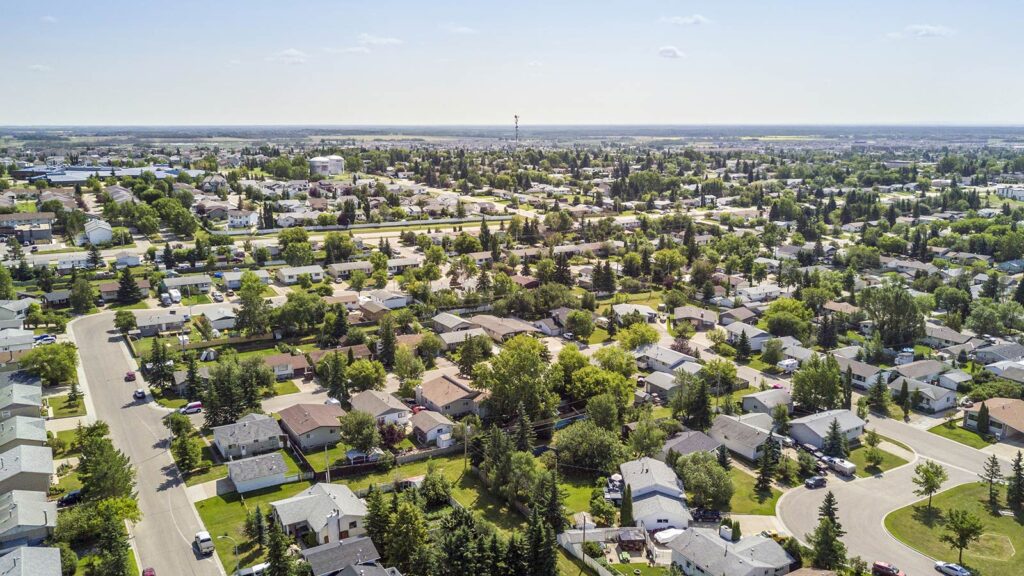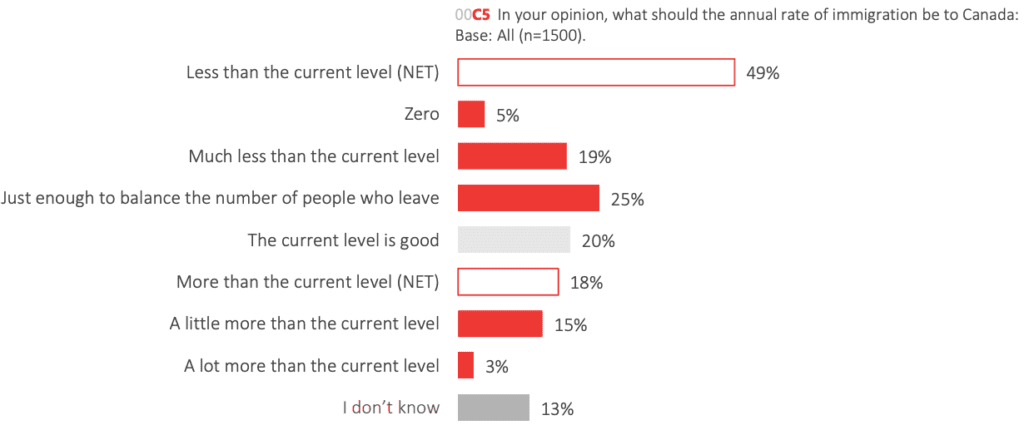From banning disruptive Islamic street prayers to ditching multiculturalism in favour of a model of integration, Quebec is unapologetic in its demand that newcomers assimilate to a common culture instead of scattering into self-segregated siloes. In doing so, Quebec demonstrates a courage that English Canada does not yet possess.
In the wake of Islamic street prayers in Montreal in solidarity with Palestine, Premier François Legault’s government intends to table a secularism bill this fall that will include a prohibition on street prayers.
In a post on Twitter in late August, Minister of Secularism Jean-François Roberge said the “proliferation of street prayers” is a “serious and sensitive issue in Quebec”. Premier Legault first addressed this issue in December, pledging to “fight for the fundamental values we have in Quebec” and send “a clear message to Islamists”.
A Leger poll released on September 8th shows that Canadians writ large, not just Quebeckers, are wary of the kind of disruptive street prayers seen on streets in major urban centres since the renewal of hostilities between Hamas and Israel two years ago.
A plurality of 45% said organized prayers in public spaces should be “permitted only in certain circumstances” while a full 26% said they should be “never permitted”. Only 19% said they should be “always permitted”.
When it comes to Quebeckers specifically, public opinion is even clearer: 43% say organized prayers should never be permitted, while only 12% say they should be allowed.
We have yet to see the key details of this upcoming bill, notably how exactly public prayer will be defined, and what careful wording may be included to ensure that non-disruptive religious events like Catholic Holy Week processions can proceed unhindered.
The crucial point here is not these details, but rather the strong force of will displayed. Clearly, the Quebec government understands that mass street prayers are an arrogant effort by certain Islamic activists to seize control of the public sphere. So, without hesitating to consider whose feelings might be hurt, Quebec is moving to swiftly neutralize what it sees as a threat to social cohesion.
This kind of firm action is Quebec’s instinctual approach to such threats.
Last year, after a series of reports on a popular Quebec talk radio show revealed a bombshell story alleging that a group of teachers of North African descent had formed a “dominant clan” and created a “toxic climate” at a Montreal school, Quebec launched sweeping investigations of 17 schools over behaviour alleged to be “contrary to the values of Quebec society”.
The province displayed similar resolve in passing Bill 84, “An Act respecting integration into the Québec nation”, early this year. This bill replaces multiculturalism with “integration”, establishing a common culture that will function as a “vector for social cohesion” that will allow for “immigrants and persons identifying with cultural minorities to integrate into Québec society.”

At a press conference in January, Minister François Roberge defended the bill by saying that “We don’t want some ghettos. We want one society.”
The use of blunt words like “ghettos” is par for the course when Quebec politicians discuss difficult issues like immigration, assimilation, and multiculturalism. While harsh, this kind of language contains an unflinching honesty that is palpably absent elsewhere in Canada.
This week, ahead of the introduction of their upcoming secularism bill, Premier Legault and Minister Roberge have gone on the warpath against what they call “Islamic radicals”, with Legault offering strong words in a speech to the National Assembly:
“I am not aiming at Quebecers who have the Muslim faith or are from Muslim countries…I am talking about Islamic radicals – a group of people trying, using all the means they have, to impose their values, to contest our values and in particular the right to equality of women.
I want to be very clear on this: We will never let anyone attack the freedoms dearly acquired by Quebec women over the decades. Never.”
Minister Roberge, for his part, called on Quebeckers to “wake up” to the threat posed by the encroachment of fanatic Islamic ideology: “We must not wait until it is everywhere, in all our institutions, to wake up. Let’s wake up now!”
In English Canada, a boundless commitment to an expansive vision of multiculturalism remains an untouchable sacred cow, and politicians walk on eggshells when it comes to the same thorny subjects that are openly and freely discussed in Quebec.
This is not necessarily because English Canadians feel all that differently than do Quebeckers about these issues. In a 2023 Leger poll, 55% of Canadians endorsed a model of assimilation in which newcomers are encouraged to “embrace broad mainstream values and traditions and leave behind elements of their cultural identity that may be incompatible with that”. Only 26% of respondents felt that immigrants should be told to “maintain and promote their own cultural and religious identities”.
If politicians in English Canada are worried about losing votes from immigrant communities by speaking out in favour of assimilation, they should think again. This same poll found that skepticism of the oft-repeated “diversity is our greatest strength” mantra cuts right across identity lines, with 55% of white respondents and 56% of non-white respondents saying that “some elements of diversity can provide strength, but some elements of diversity can cause problems/conflict in Canada”.
To be sure, the people of English Canada do not necessarily want their politicians to duplicate all of Quebec’s legislation on immigration and culture word for word – every region has somewhat different challenges requiring different solutions.
What Anglo provinces would do well to emulate is Quebec’s uncompromising promotion of assimilation instead of segregated enclaves, and its willingness to back this vision up with strong legislation when required.
Sweeping problems under the rug does no good. It is high time that we started speaking bluntly and openly about how to prevent Canada’s social cohesion from fragmenting further than it already has.
All content on this website is copyrighted, and cannot be republished or reproduced without permission.
Share this article!




The truth does not fear investigation.
You can help support Dominion Review!
Dominion Review is entirely funded by readers. I am proud to publish hard-hitting columns and in-depth journalism with no paywall, no government grants, and no deference to political correctness and prevailing orthodoxies. If you appreciate this publication and want to help it grow and provide novel and dissenting perspectives to more Canadians, consider subscribing on Patreon for $5/month.
- Riley Donovan, editor